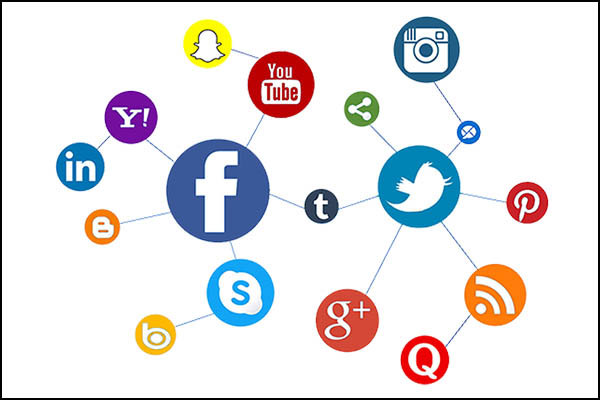
File photo
Maj. Gen. (retd.) Amir Azeem Bajwa says requests to remove or restrict ‘offensive’ content are bound by community guidelines, not Pakistan’s laws
Pakistan Telecommunication Authority (PTA) Chairman Maj. Gen. (retd.) Amir Azeem Bajwa on Monday lamented that it was difficult for authorities to regulate social media content, as none of the major platforms had a physical presence in the country.
“Pakistan’s market is among the top 10 in the world and we want to see it grow it for the benefit of everyone,” he told journalists during a briefing on the performance of the telecommunications watchdog. “[However] social media companies should respect our laws too,” he said, stressing that he hoped they would not withdraw from the country.
Bajwa said that all major social media platforms were based outside of Pakistan and thus were reluctant to conform to the country’s laws and societal norms with respect to “blasphemous, sectarian, immoral and defamatory” content. He claimed this was the primary reason that a majority of Pakistan’s complaints were not entertained by the platforms.
Admitting that the social media giants—Facebook, Twitter, YouTube, etc.—complied if authorities complained about content in violation of their community guidelines, he said this often did not match Pakistan’s laws. Under law, he clarified, PTA has a responsibility to ensure citizens are not exposed to content online that violated local laws and societal norms.
During the briefing, media representatives were briefed on various aspects of PTA’s functions by the heads of its divisions. To a question, the PTA chairman said that the “dark web” was a global challenge, but there were ways to tackle its influence. He vowed that the PTA would implement a system to nullify this issue.
To another question about the quality of telecommunication services in Pakistan, Bajwa said that the PTA had launched its Complaint Management System in 2010 and upgraded it last year, adding its primary focus was to facilitate telecom consumers who wished to lodge complaints about service issues. Between November 2018 and September 2021, he said, 480,865 public complaints were received and 238,656 resolved.
He said the PTA had in April 2021 launched an automated Lost and Stolen Device System, which allowed people to block lost, stolen and snatched mobile phones. Of the 9,963 blocking/unblocking requests received by the system thus far, he said, 9,409 IMEIs had been blocked and 554 restored. However, he said, IMEI cloning was a challenge that the PTA needed to tackle.
“Some people in local markets attempt to replace IMEI numbers, and we have devised methods to block that,” he said. “However, there is a need to raise awareness among the general public to avoid such practices, as they risk their own phones being blocked,” he said.
